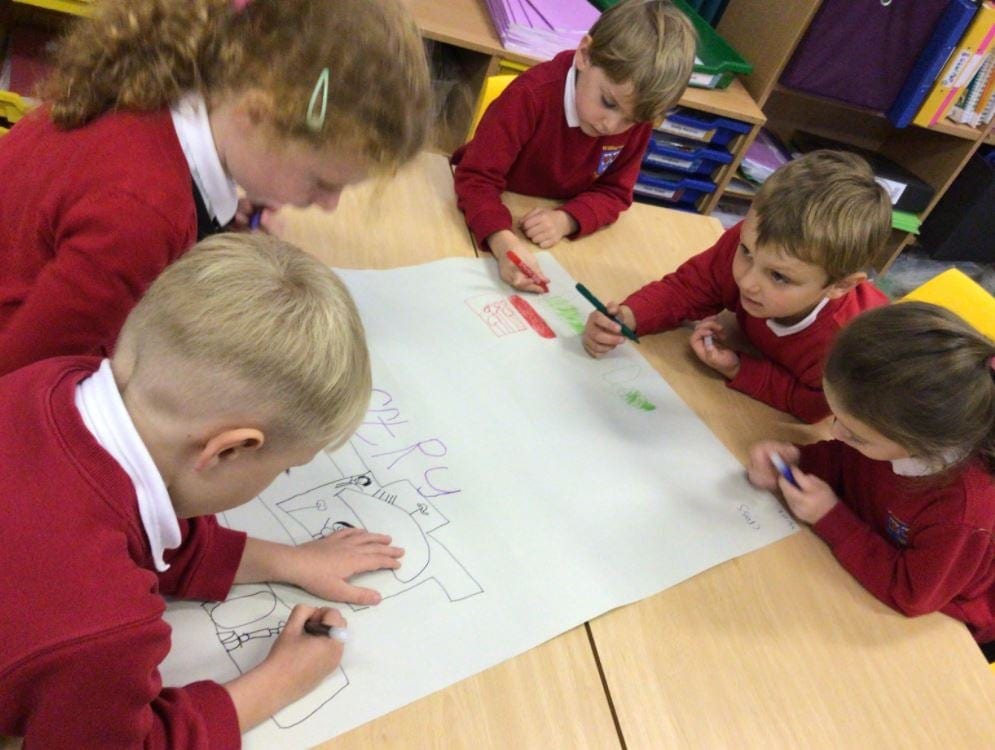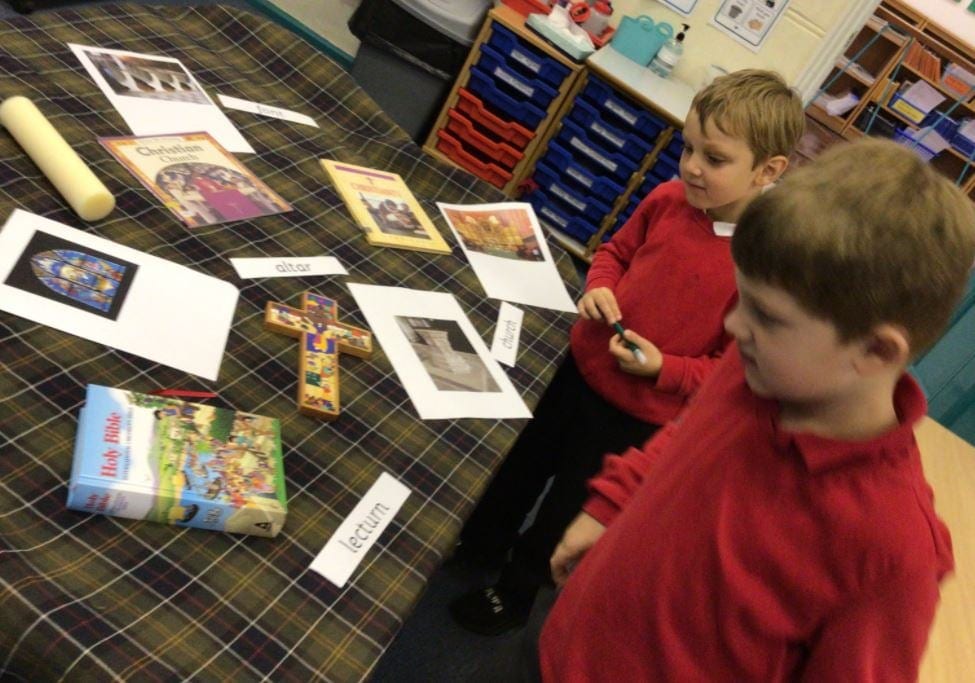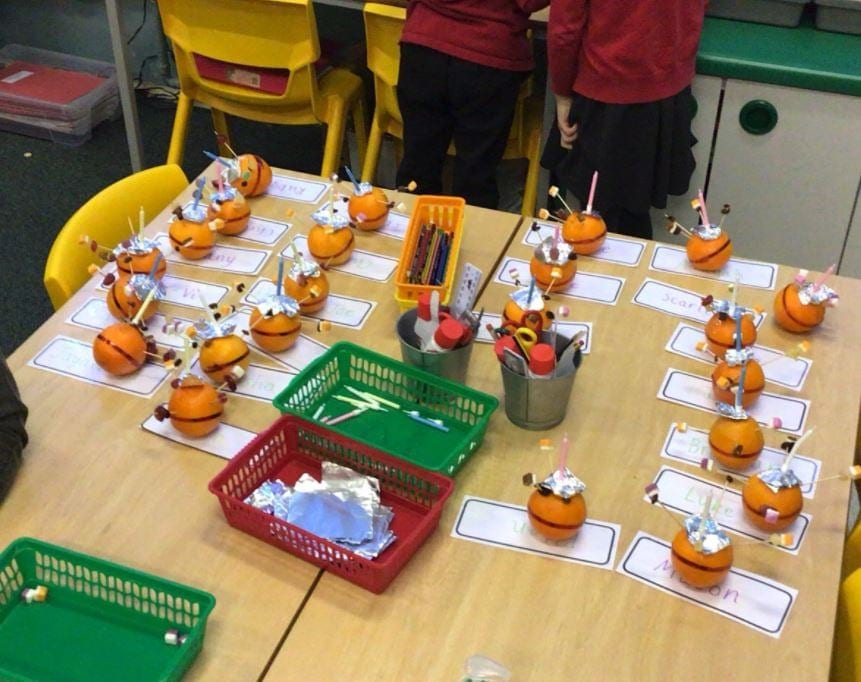Subject Leader – Mrs Wallace
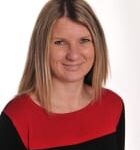
R.E Rationale
At Willington Primary School we believe that Religious Education should engage, inspire and challenge pupils, equipping them with the knowledge and skills to explore difficult philosophical questions, develop an understanding of different religious beliefs and also encourage them to reflect on their own ideas and way of living.
RE helps children to combat prejudice, appreciate diversity in the local area and the wider world and promotes the integral values of tolerance and respect. In this way, the RE curriculum contributes towards establishing British values and aids children’s spiritual, moral, social and cultural development. RE has an important role in preparing pupils for adult life, employment and lifelong learning.
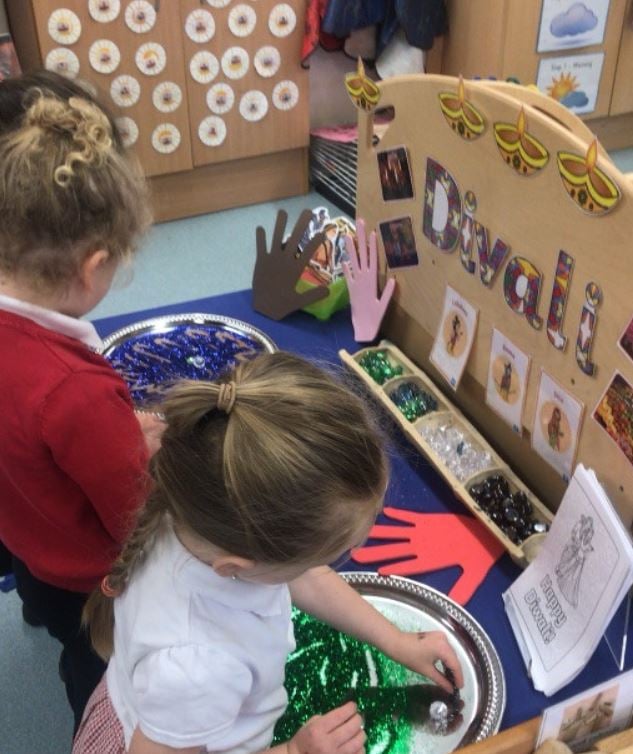
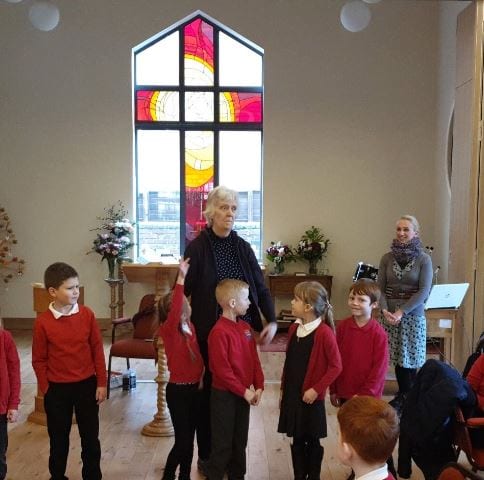
R.E Intent
It is the aim of Willington Primary School to provide opportunities for all children to learn and to achieve, regardless of gender, ethnicity or ability. The school curriculum aims to promote pupils’ spiritual, moral, social and cultural development and to prepare them for the opportunities, responsibilities and experiences of life. We aim to promote their self-esteem and emotional well-being and to help them form and maintain worthwhile and satisfying relationships, based on respect for themselves and others. Through our teaching of RE, we aim to develop tolerance and respect for the different cultures and beliefs within our society, supporting British values. The R.E. curriculum will enable pupils to deepen their knowledge and understanding of religious and non-religious worldviews and their understanding of the complex, diverse and plural nature of belief systems.
At Willington we follow the Agreed Syllabus for Religious Education in Durham 2020.
This aims to ensure that pupils:
- develop deepening knowledge and understanding about a range of religious and non-religious worldviews so that they can:
- describe and explain beliefs and theological concepts
- describe and explain some sources of authority and teachings within and across religious and non-religious traditions
- describe and explain ways in which beliefs are expressed
- know and understand the significance and impact of beliefs and practices on individuals, communities and societies
- connect these together into a coherent framework of beliefs and practices
- gain and deploy deepening understanding of specialist vocabulary and terms
- know and understand about religious diversity within the region, as well as nationally and globally
- know and understand how religion can be defined and what is meant by the term “religious and non-religious worldviews” and with increasing clarity know that these worldviews are complex, diverse and plural
- gain and deploy skills that enable critical thinking and enquiry in relation to the material they study
- reflect on their own thoughts, feelings, experiences, ideas, values and beliefs with increasing discernment
EYFS to Year 6 Long Term Plans
